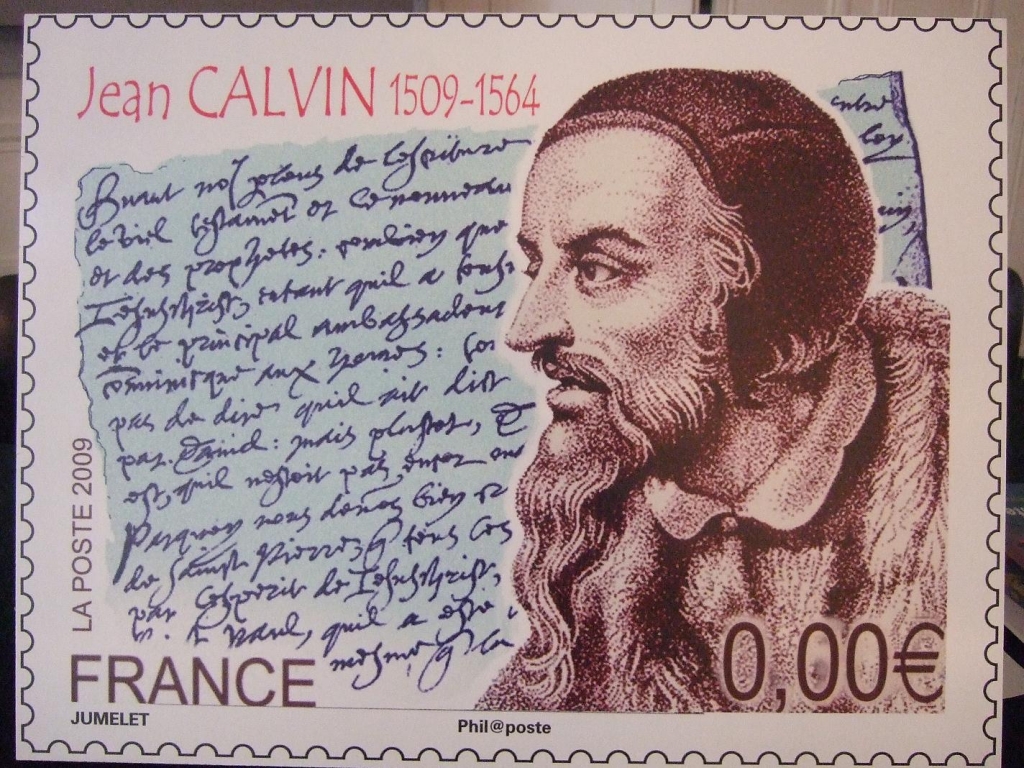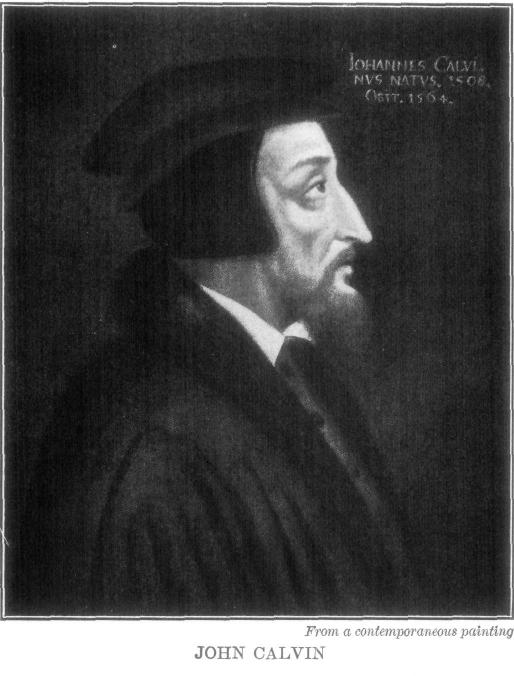I say with Augustine, that the Lord has created those who, as he certainly foreknow, were to go to destruction, and he did so because he so willed (III.23.5)
Double Predestination is the tag that people have placed upon the belief that God not only chose the elect for salvation, but he also chose the reprobate for damnation. Obviously such a belief would give most people pause. We don't like to think of God playing duck duck goose with human lives and immortal souls. It didn't bother Calvin a bit. He even mocks the timidity in some not to embrace the obvious.
Another spot that makes Calvinists squirm is limited atonement. Limited Atonement is, in short, a view when Jesus died for sinners, he only died to pay for the sins of the chosen (elect). You see, the people that Jesus died for are all off the hook - Jesus took their punishment. If Jesus died for everybody, then everybody is off the hook and God wouldn't have anybody to torture for eternity. Well, we can't have that!
Some web theologians (mostly first semester seminarians), claim Calvin didn't even teach limited atonement. Institutes III.22 ought to cure that notion. Calvin certainly taught it, though he was not as explicit as with other controversial things that he wrote about. But, it is important to remember that you cannot have the Reformed view of election, unless you also maintain limited atonement.
So, I don't have as much of a problem with limiting the atonement as I do with the Calvin's view of predestined election. I understand there are serious issues with alternative theologies. Arminianism has problems, Lutheranism has problems, and even the fancy new Open Theism has problems. I just don't want a God who chooses based on eeny, meeny, miny, moe.
All this comes down to a basic problem with Reformed theology (most theologies, in fact): the mechanism takes over. They start at a good spot - God's sovereignty. Then, they use God's sovereignty as a mechanism to read scripture. Well, that takes you to some inevitably weird places, like double predestination and limited atonement.
Notes on squirming: Not all Calvinists squirm. Some embrace double predestination. Most have the decency to squirm (see infralapsarianism).






















